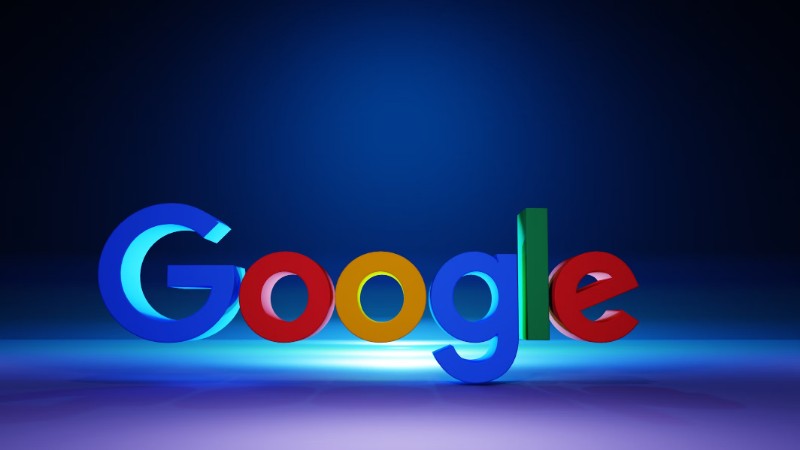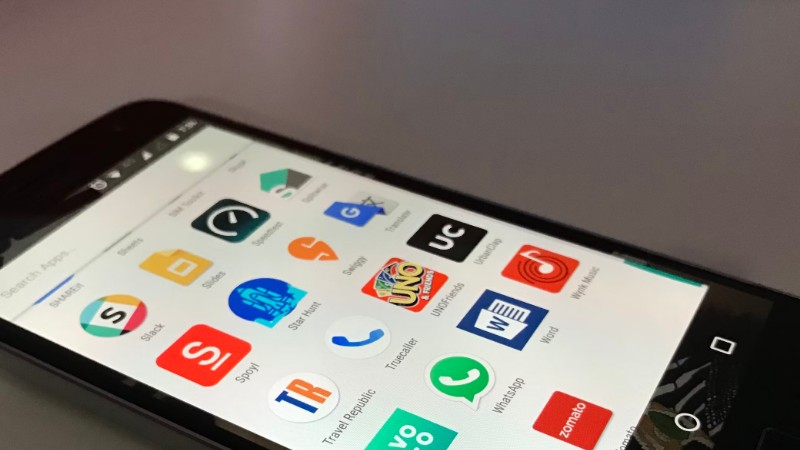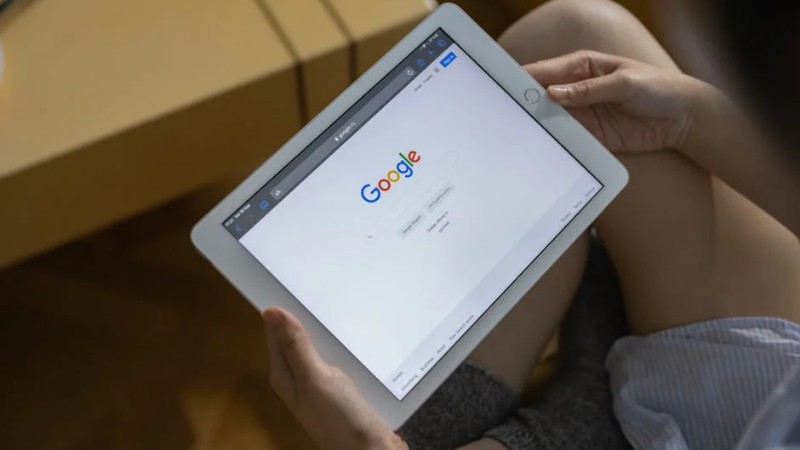New gambling advert rules and Google policy changes pressure Evoke’s UK business
Policy UpdatesStricter rules around gambling advertising and player verification are beginning to reshape the betting industry in Britain. Changes like Google Adverts gambling restrictions new policies, and the online gambling advertising policy Google made have added to the pressure on operators navigating a tougher environment at home and abroad. One company that has felt the pressure of Britain’s tougher gambling environment is Evoke, the group behind William Hill, 888, and Mr Green. According to its latest trading update, Evoke posted a modest 1% rise in group revenues to £437 million for the three months ending March 31. pic.twitter.com/DtQxIpn8Jy — Coalition to End Gambling Ads (@EndGamblingAds) November 11, 2024 However, results in the UK and Ireland lagged behind expectations, with online revenues slipping by 1%. The downturn was largely blamed on falling sports betting activity after the introduction of new safer gambling rules, including stricter age and identity verification checks. The company also reported a 21% fall in active players over the quarter, largely due to reduced promotional activities. However, its gaming business in the UK and Ireland still managed 3% growth despite these challenges. International markets provided a much-needed boost, with first-quarter revenues rising by 11%, helped by particularly strong growth in Romania. Tough market conditions remain Evoke’s retail betting shop business also struggled, recording a 6% decline in year-on-year sales. Nevertheless, chief executive Per Widerstrom remained upbeat about the company’s outlook, pointing to improvements already visible in April. From January through April 22, revenues rose by 4%, suggesting some early success in stabilising performance. Gambling firm Evoke sees acceleration in revenue growth – Q1 revenue up 1% – Acceleration expected from Q2 – Full-year growth in the 5% to 9% range#EVOK $EVOKhttps://t.co/YnQrbCI6we — Shares magazine (@SHARESmag) April 25, 2025 Widerstrom said swift corrective action, improved customer management, a clearer value proposition, and the rollout of new retail gaming cabinets would support future growth. He stressed the importance of international core markets in driving momentum and reaffirmed Evoke’s confidence in maintaining a strong market position through the rest of the year.








